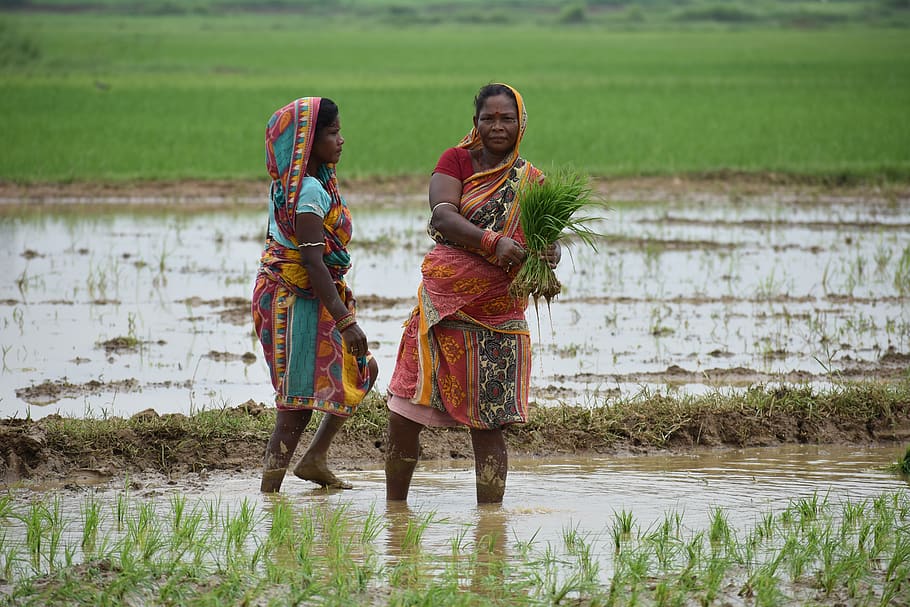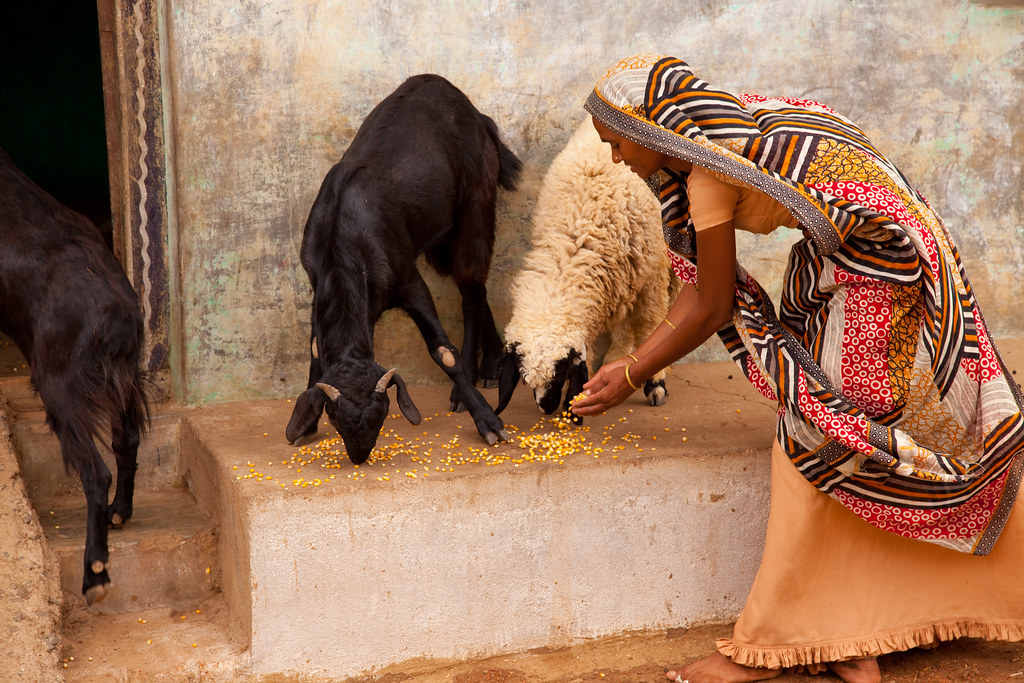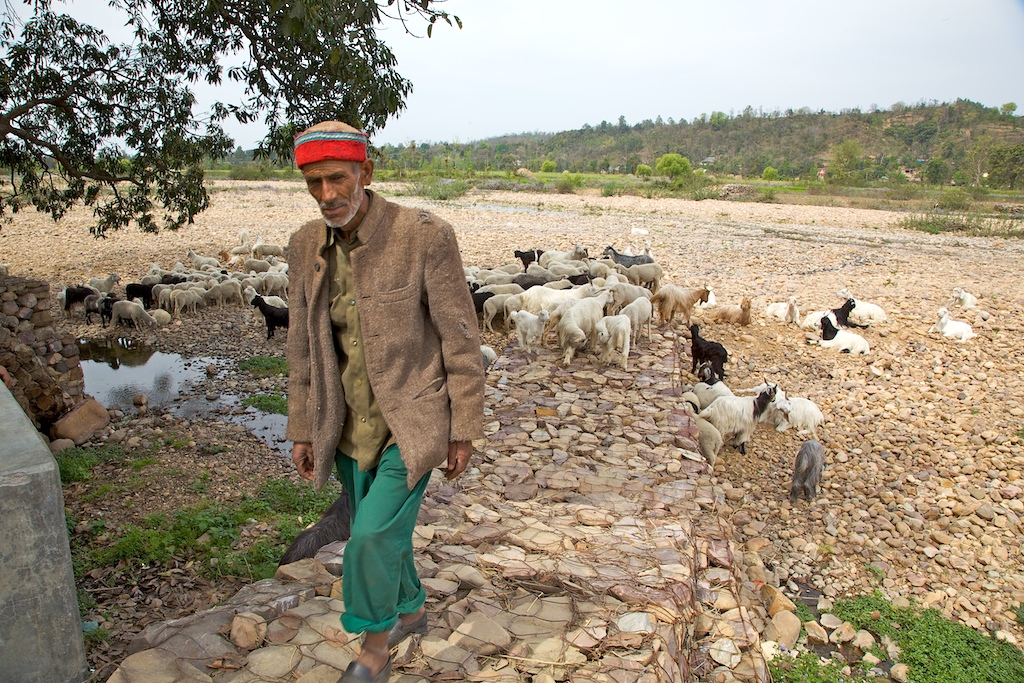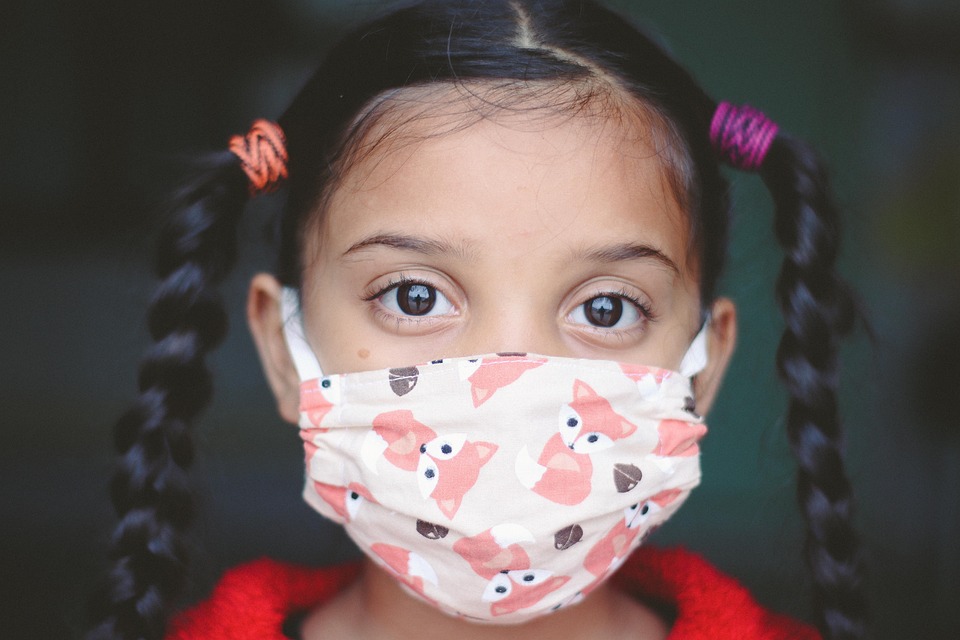Hostels in Indian Campuses Still Off-limits for Trans Students
Inclusive living facility for trans students has been a critical issue all over India. Off-campus accommodation is usually costlier, unsafe, and not readily available to trans persons because of their identity. Transgender persons face discrimination and harassment at rental housing. Amongst the many concerns were the fear of sexual violence, higher rent rates, lack of secure tenure, unreasonable demands and intrusion into personal space by the landlords

 The states of Kerala and Telangana have created cooperatives of women farmers which has not only reaped financial benefits but also ensured better social status for the members. The women got familiar with farm practices, government institutes and private agencies, market negotiations and fund management, all of which helped them overcome gender, caste and class barriers
The states of Kerala and Telangana have created cooperatives of women farmers which has not only reaped financial benefits but also ensured better social status for the members. The women got familiar with farm practices, government institutes and private agencies, market negotiations and fund management, all of which helped them overcome gender, caste and class barriers
 Conversion of common lands for solar parks, industrial zones and plantations have undermined the productivity of pastoralists. Even though many nomadic pastoralists have taken to settled livestock rearing, they continue to face challenges in accessing local village grazing lands. Settled living also leads to young men migrating to cities to seek alternate jobs or to pursue higher education leaving women with additional responsibilities, including grazing, lopping and finding new sources of fodder and water.
Conversion of common lands for solar parks, industrial zones and plantations have undermined the productivity of pastoralists. Even though many nomadic pastoralists have taken to settled livestock rearing, they continue to face challenges in accessing local village grazing lands. Settled living also leads to young men migrating to cities to seek alternate jobs or to pursue higher education leaving women with additional responsibilities, including grazing, lopping and finding new sources of fodder and water. There are 56 percent households in rural India which do not own any farm. On the other hand, around 7.18 percent households own more than 46.71 percent of total agricultural land thus signifying that few people continue to hold on to large resources. Land reforms failed in their main task of empowering the poor who continue to suffer due to current market-led reforms. Average availability of common land, which is best bet for landless for fodder or farming, has also been declining.
There are 56 percent households in rural India which do not own any farm. On the other hand, around 7.18 percent households own more than 46.71 percent of total agricultural land thus signifying that few people continue to hold on to large resources. Land reforms failed in their main task of empowering the poor who continue to suffer due to current market-led reforms. Average availability of common land, which is best bet for landless for fodder or farming, has also been declining. Hardikar uses his two-decade experience of reporting on rural affairs to connect the everyday life of Ramrao to policy decisions, workings of market economy and climate crisis. Every year, an insidious new factor is added to the list of old reasons compounding the problem of the peasantry. Liberalisation, loan waivers, unchecked sale of spurious agro chemicals, demonetisation, pest attacks, all leave a mark on Ramrao who is also battling personal losses.
Hardikar uses his two-decade experience of reporting on rural affairs to connect the everyday life of Ramrao to policy decisions, workings of market economy and climate crisis. Every year, an insidious new factor is added to the list of old reasons compounding the problem of the peasantry. Liberalisation, loan waivers, unchecked sale of spurious agro chemicals, demonetisation, pest attacks, all leave a mark on Ramrao who is also battling personal losses.
 Beginning in the 1990s, the forest department shifted away from commercial production toward a greater emphasis on joint-forest management, which resulted in a shift toward an array of broad-leaved (but still not palatable) species being planted, especially in lower altitudes. However, Gaddis were largely left out of many joint forest management schemes mainly because of their migratory practice and were consulted in a “token fashion” for compensatory afforestation for hydroelectric projects in high altitudes.
Beginning in the 1990s, the forest department shifted away from commercial production toward a greater emphasis on joint-forest management, which resulted in a shift toward an array of broad-leaved (but still not palatable) species being planted, especially in lower altitudes. However, Gaddis were largely left out of many joint forest management schemes mainly because of their migratory practice and were consulted in a “token fashion” for compensatory afforestation for hydroelectric projects in high altitudes.  Most IAS officers in India believe that states must have the autonomy to formulate their own responses based on their needs and capacities in case of emergencies like Covid-19. They regard speeches by politicians as the least effective while find frontline workers to be highly effective in communicating the right message to the public, found a survey. Around 52 percent felt that national lockdown imposed last year should have been better planned while 47.7 percent deemed it to be the right action.
Most IAS officers in India believe that states must have the autonomy to formulate their own responses based on their needs and capacities in case of emergencies like Covid-19. They regard speeches by politicians as the least effective while find frontline workers to be highly effective in communicating the right message to the public, found a survey. Around 52 percent felt that national lockdown imposed last year should have been better planned while 47.7 percent deemed it to be the right action. Heat in Delhi is known to have a spatial distribution and is more in certain areas as compared to other. More focus on peripheral and vulnerable populations such as poor households and women and children, expansion of green spaces and improved access to electricity among the vulnerable populations can go a long way in coping with the effects of rising heat in the city in the years to come.
Heat in Delhi is known to have a spatial distribution and is more in certain areas as compared to other. More focus on peripheral and vulnerable populations such as poor households and women and children, expansion of green spaces and improved access to electricity among the vulnerable populations can go a long way in coping with the effects of rising heat in the city in the years to come. More than 40 percent of potential landscapes for oil palm cultivation in India overlap with biodiversity-rich landscapes. Converting small rice fields to palm oil can be a viable alternative to dismantling forests and grasslands for palm oil, says a latest study. It said that exploring and implementing fine-scale local plantation strategies by the government can satisfy the projected national demand for palm oil without threatening high biodiversity landscapes.
More than 40 percent of potential landscapes for oil palm cultivation in India overlap with biodiversity-rich landscapes. Converting small rice fields to palm oil can be a viable alternative to dismantling forests and grasslands for palm oil, says a latest study. It said that exploring and implementing fine-scale local plantation strategies by the government can satisfy the projected national demand for palm oil without threatening high biodiversity landscapes.



 Educational levels have increased in India over three generations but people are still holding same occupations. This multigenerational mobility differs in social groups. For instance, for Muslims mobility in education and occupation has decreased in comparison to that of Hindus while SC/ST and OBCs have become more mobile over generations in education (compared to General Castes), but not as much in occupational mobility, putting a question mark over how well affirmative policies like reservations are working
Educational levels have increased in India over three generations but people are still holding same occupations. This multigenerational mobility differs in social groups. For instance, for Muslims mobility in education and occupation has decreased in comparison to that of Hindus while SC/ST and OBCs have become more mobile over generations in education (compared to General Castes), but not as much in occupational mobility, putting a question mark over how well affirmative policies like reservations are working We still relate sexual assault to 'lust' rather than 'power' and view it as a form of desire, not abuse of power. Sexual assault / rape takes place in riots and wars because domination over the opponent’s private parts without their consent is the ultimate display of power. On the other hand, the rape law remains gender specific setting in stone the identities of victim and preperators. Section 377 also doesn't encompass all sexual offences
We still relate sexual assault to 'lust' rather than 'power' and view it as a form of desire, not abuse of power. Sexual assault / rape takes place in riots and wars because domination over the opponent’s private parts without their consent is the ultimate display of power. On the other hand, the rape law remains gender specific setting in stone the identities of victim and preperators. Section 377 also doesn't encompass all sexual offences While the new draft policy is a big positive, its focus on targeted fleet renewal for maximum emissions gains is still weak. The proposed policy puts the entire onus of incentivising fleet renewal on the state governments. They have been advised to waive off a big chunk of road tax and registration fees on replacement vehicles. Given the fact these are important sources of state revenue, the reaction of the state governments is still not known
While the new draft policy is a big positive, its focus on targeted fleet renewal for maximum emissions gains is still weak. The proposed policy puts the entire onus of incentivising fleet renewal on the state governments. They have been advised to waive off a big chunk of road tax and registration fees on replacement vehicles. Given the fact these are important sources of state revenue, the reaction of the state governments is still not known
 THE TOP 20% of high-expenditure households in India are responsible for seven times the emissions traceable to the poor who spend less than Rs 140 a day. The mean carbon footprint of every Indian was estimated at 0.56 tonne per year--0.19 tonne per capita among the poor and 1.32 tonne among the rich. Food and electricity are the two areas of spending that account for most emissions in India across socio-economic groups while western India emits the most carbon
THE TOP 20% of high-expenditure households in India are responsible for seven times the emissions traceable to the poor who spend less than Rs 140 a day. The mean carbon footprint of every Indian was estimated at 0.56 tonne per year--0.19 tonne per capita among the poor and 1.32 tonne among the rich. Food and electricity are the two areas of spending that account for most emissions in India across socio-economic groups while western India emits the most carbon